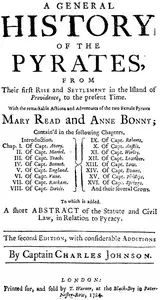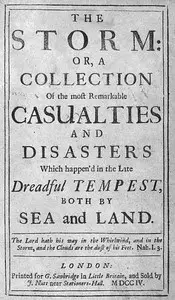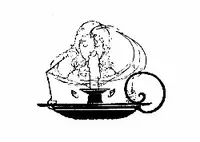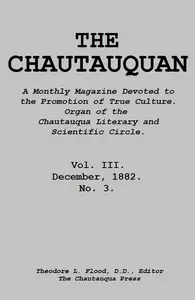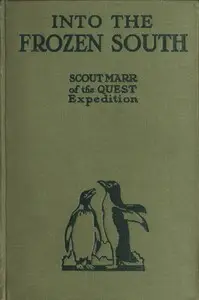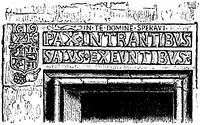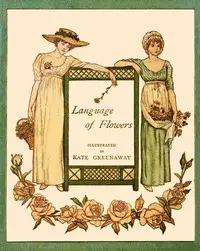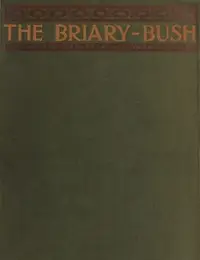"The True-Born Englishman: A Satire" by Daniel Defoe is a satirical poem written in the early 18th century, reflecting on the complexities of English national identity. This work critiques the concept of "true-birth" and nobility, highlighting that the English are a mixed race with origins from various foreign cultures. Through humor and biting commentary, Defoe asserts that pride in ancestry is misplaced, as the English are descended from a diverse array of nations and peoples. In this satirical piece, Defoe systematically dismantles the notion of a pure English lineage, detailing the historical invasions and migrations that have shaped the nation. He presents a cast of characters and national traits, illustrating how traits from different cultures contributed to the English identity. Importantly, he uses humor and exaggeration to criticize the English people's snobbery and ingratitude toward foreigners who have significantly influenced their society. The poem calls for a recognition of shared humanity rather than a fixation on pedigree, ultimately arguing that moral virtues, rather than noble blood, should define one's worth. (This is an automatically generated summary.)

The True-Born Englishman: A Satire
By Daniel Defoe
"The True-Born Englishman: A Satire" by Daniel Defoe is a satirical poem written in the early 18th century, reflecting on the complexities of English ...
Daniel Defoe was an English novelist, journalist, merchant, pamphleteer and spy. He is most famous for his novel Robinson Crusoe, published in 1719, which is claimed to be second only to the Bible in its number of translations. He has been seen as one of the earliest proponents of the English novel, and helped to popularise the form in Britain with others such as Aphra Behn and Samuel Richardson. Defoe wrote many political tracts, was often in trouble with the authorities, and spent a period in prison. Intellectuals and political leaders paid attention to his fresh ideas and sometimes consulted him.


